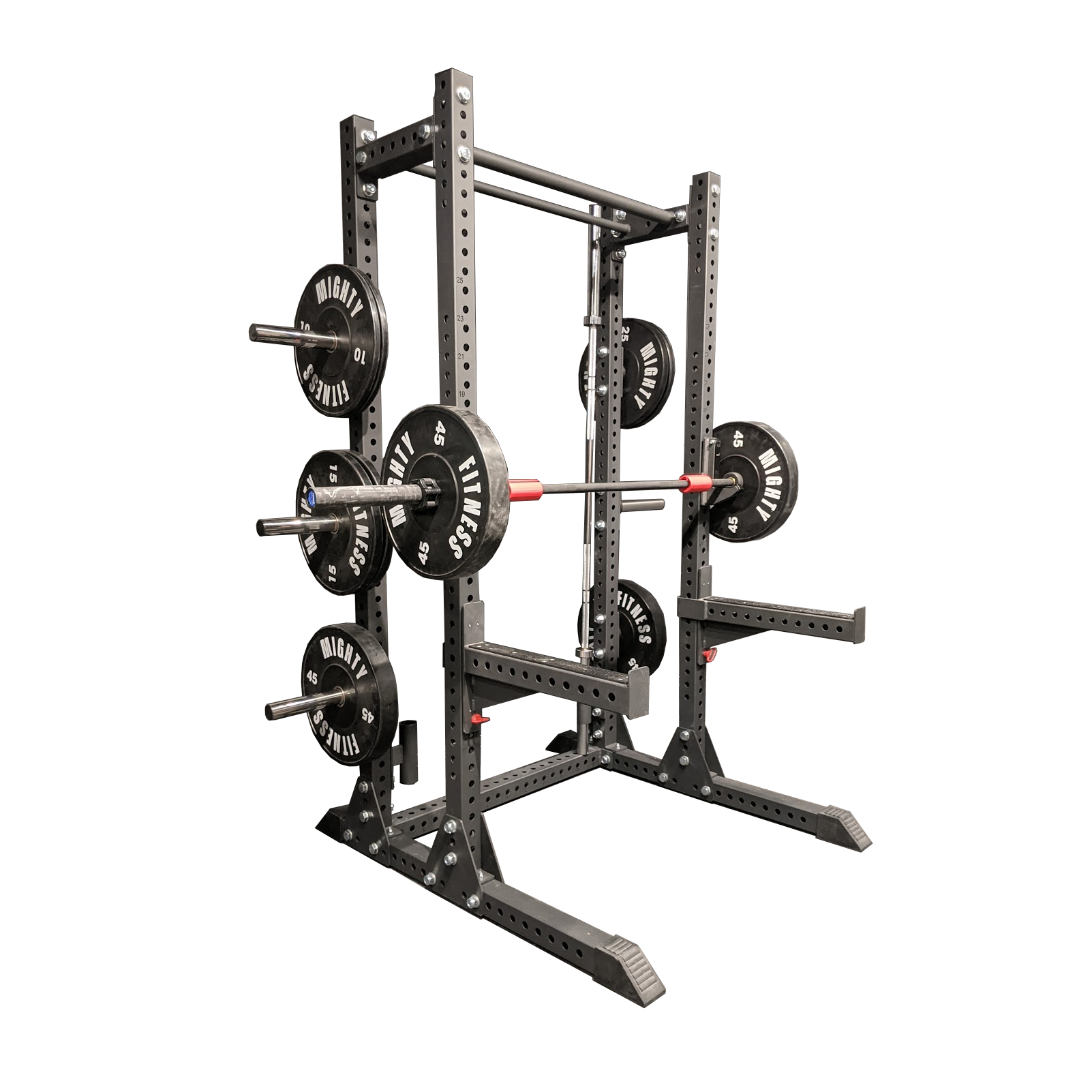Benefits of Aerobic Exercise You Should Know
Aerobic exercise is a type of physical activity that involves vast muscle groups and is rhythmic and repetitive. It raises your heart rate and the amount of oxygen your body consumes. Walking, cycling, and swimming are examples of aerobic workouts. It lowers your chances of developing heart disease, diabetes, high blood pressure, and high cholesterol.
What is aerobic exercise?
Aerobic exercise is a type of physical activity that involves the utilization of big muscle groups in your body. Typically, this sort of workout is rhythmic and repeated. The intensity of your workout, or how hard your body works during this sort of exercise, can be adjusted.
Benefits of Aerobic Exercise:
Aerobic activity is beneficial to everyone, regardless of age, weight, or athletic ability. Aerobic exercise provides numerous health benefits. You'll become stronger and fitter as your body responds to regular aerobic activity. Consider the 10 ways that aerobic fitness might help you feel better and enjoy life more. Aerobic exercise can help you with:
Improve your stamina, fitness, and strength
When you initially begin regular aerobic exercise, you may feel exhausted. However, you will benefit from enhanced stamina and decreased weariness in the long run.
Over time, you can also improve your heart and lung fitness, as well as your bone and muscle strength.
Lower your health risks
Aerobic exercise lowers the risk of a variety of conditions. Obesity, heart disease, high blood pressure, type 2 diabetes, metabolic syndrome, stroke, and some forms of cancer are among these disorders.
Walking and other weight-bearing aerobic workouts can help reduce the risk of osteoporosis.
Boost your heart's strength
A stronger heart does not have to beat as quickly. A stronger heart also more efficiently pumps blood, improving blood flow to all parts of your body.
Improve your mood
Aerobic exercise may alleviate the gloominess of depression, reduce anxiety-related tension, and increase relaxation. It can boost your mental health and self-esteem. It can also help you sleep better.
Live a longer life
According to studies, persons who engage in regular aerobic exercise have longer lives than those who do not. They may also be less likely to die from any cause, such as heart disease or certain cancers.
Manage weight
Aerobic exercise, when combined with a good diet, can help you lose weight and keep it off.
Defend against viral infections
Aerobic exercise stimulates your immune system in a beneficial way. This may make you more prone to viral infections like colds and flu.
Control chronic conditions
Aerobic exercise may help regulate blood sugar and reduce blood pressure. It can help persons with arthritis reduce pain and enhance their function. It can also improve cancer survivors' quality of life and fitness. Aerobic exercise may help you manage your coronary artery disease if you have it.
Maintain the health of your arteries
Aerobic activity raises your high-density lipoprotein (HDL), or "good" cholesterol, while decreasing your LDL, or "bad" cholesterol. This may result in less plaque accumulation in your arteries.
Maintain your independence and activity as you age
Aerobic activity strengthens your muscles, which might help you maintain mobility as you age. Exercise can also reduce the incidence of falls and injuries in older persons. It can also improve your quality of life.
Aerobic exercise keeps your intellect sharp as well. In older adults, regular physical activity may help safeguard memory, reasoning, judgment, and thinking skills (cognitive function). It may also help children and young adults with cognitive function. It can even help prevent the onset of dementia and enhance cognition in those who already have it.
How often should a person practice aerobic exercises?
Each week, you should engage in 150 minutes of physical activity. The weekly amount equates to around 30 minutes per day, five days per week. This is the minimum recommendation for lowering your risk of heart disease, diabetes, hypertension, and high cholesterol.
It can be difficult to complete 150 minutes of aerobic activity every week. Follow these tips to make this amount of time simpler to complete:
- Make time in your day for physical activity
- Select activities that you enjoy
- Exercising in tiny increments of time, such as three 10-minute walks each day, is beneficial
- Engage in activities with friends or family



